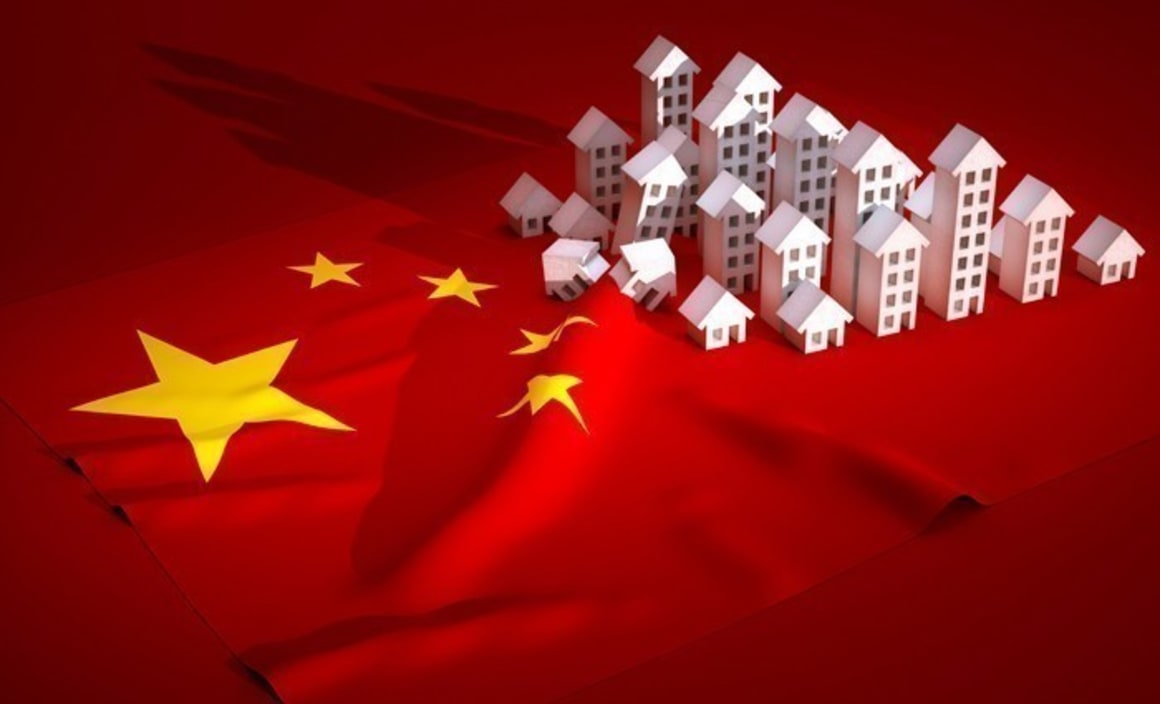How will a slowing Chinese economy impact our property markets?

China's slowing growth has many wondering whether there will be a knock-on effect on Australia's property markets.
Last week, China reported 7.3% year-on-year growth in gross domestic product (GDP) for quarter three, its lowest economic growth rate posted since the first quarter of 2009.
China's domestic property market, including construction and development, is big business, making up an estimated 20% of its GDP. But now, a combination of misplaced property development and unregulated lending have lead to oversupply and so-called "ghost cities", where new developments sit empty, despite a strong demand for housing.
In the minutes of the Reserve Bank's October Monetary Policy Meeting, board members noted that "conditions had continued to soften" in China's property markets.
Many are blaming the poor performance of the Chinese property for its slowing economy. Others are asking how China's slowing economy will affect Australian property.
According to AMP Capital chief economist Shane Oliver, the state of China's economy will impact Australian national income. However, he believes China's recent slow down has been somewhat overstated.
"So far it's been relatively modest," says Oliver. "The sharp slow down really occurred earlier this decade."
Oliver notes the average 10% annual growth that China enjoyed in the 30 years to 2010 wasn't sustainable in the long-term.
He says the affect of China's slowing economy is "probably already having some impact on Australia, with softer commodity prices".
"That's most obviously reflected in the weakness in iron ore prices."
"If we went back to 10% plus growth out of China, we could kiss low interest rates goodbye."
Iron ore is now priced at about US$80 per tonne, after peaking at US$187 per tonne in February 2011. Oliver explains that slower demand from China can also lead to slower export volumes, saying the resulting downturn in national income will have an impact on our property market.
However, he notes that China's long term economic performance should be taken into account.
"Even though the economy has slowed down, it's still twice the size it was 10 years ago," says Oliver.
"The real risk would be is if China's growth slows down a lot."
If Chinese economic growth takes a sharp downturn, Australia's national income would take a hit, and we would see higher rates of unemployment, he explains.
"The Chinese government probably don't want the economy to slow down dramatically," says Oliver, in part due to the huge urban migration movement as people seek employment in the major cities.
"If it doesn't maintain decent growth, they could end up with social unrest."
There is also an argument, Oliver says, that when commodity prices were peaking, "we had too much of a good thing".
"It was very good for the Australian economy initially, but actually had a dampening effect on property.
"The mining boom meant the non-mining part of the economy had to make room, and we saw high interest rates."
Now, the downturn in China-related growth, particularly in the mining sector, has resulted in lower interest rates, fuelling demand in domestic property.
"If we went back to 10% plus growth out of China, we could kiss low interest rates goodbye," says Oliver.